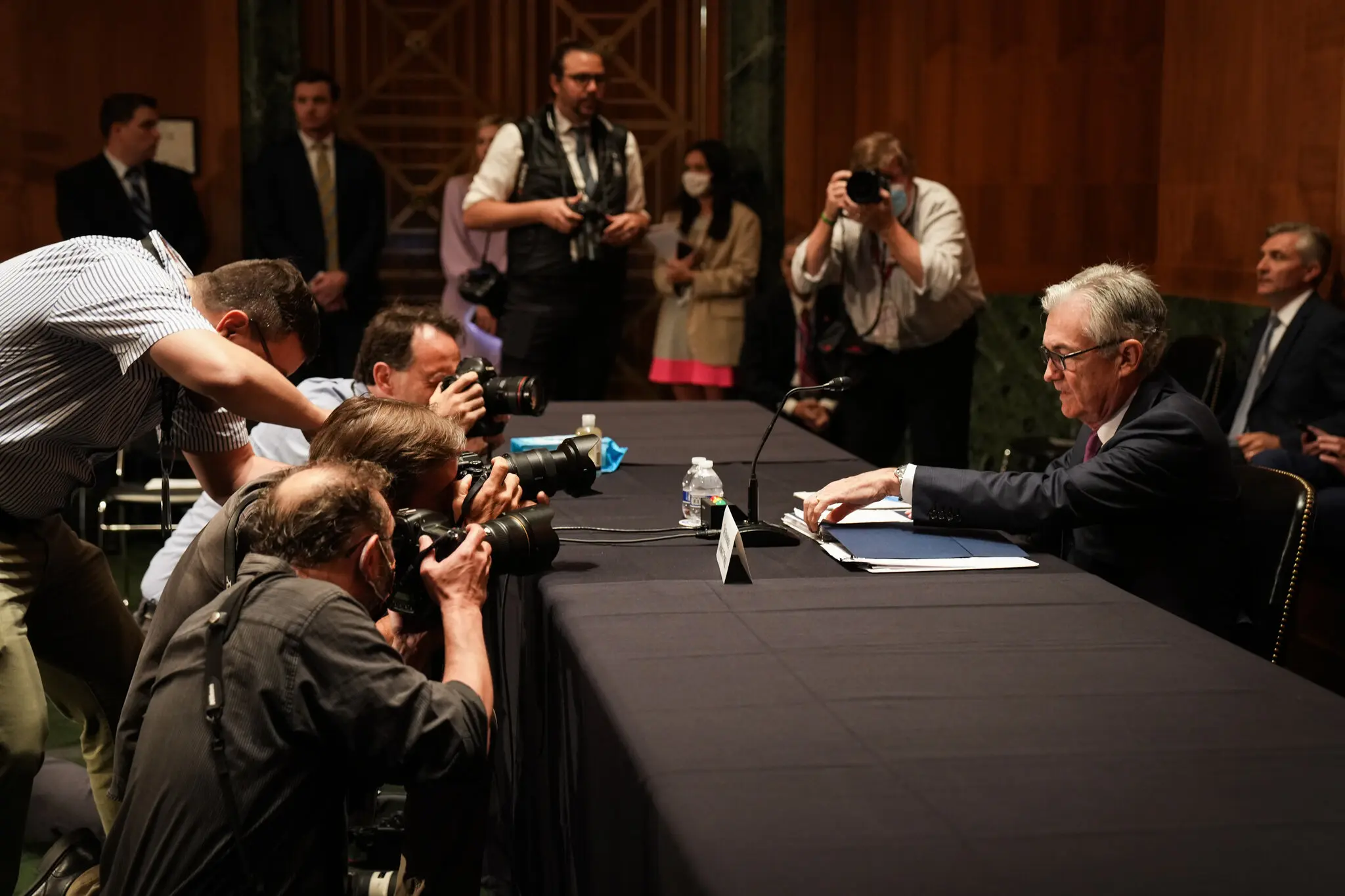News
Lawmakers Debate New Measures to Tackle Inflation
Lawmakers across the country are debating new economic measures to curb inflation, focusing on interest rates, taxation, public spending, housing reform, and energy price control strategies.

As inflation continues to hurt families, businesses, and the economy as a whole, lawmakers all throughout the country are having important talks. People are asking the government to step in more quickly since the prices of gas, food, housing, and other basic necessities are going up. In response, officials from different political parties are coming up with fresh policy ideas that will help the economy recover and make life easier for citizens. One of the most talked-about ideas is to work with central banks to make monetary policy stricter. People who support this idea think that boosting interest rates and making credit harder to get can slow down too much consumer spending, which is typically tied to rising inflation. They say that this plan would hurt the economy in the near term, but it will bring prices back to normal and boost investor confidence in the long term. Several lawmakers, on the other hand, say that big increases in interest rates could hurt job growth and slow down the economy as a whole. To deal with these worries, several options have been put forward, such as targeted tax cuts, especially for families with low or moderate incomes. These tax breaks are meant to help people deal with the growing cost of living without causing more inflation by giving them more money to spend. Another important point in the inflation discussion is the cost of energy. Some lawmakers want to enhance the supply of fossil fuels by increasing production, while others want to invest more in renewable energy options to keep prices stable in the long run. Some politicians have suggested lowering gasoline taxes for a short time, while others want to give more money to green energy projects. The goal is to find a way to keep prices stable while yet keeping promises to protect the environment. Policy talks have also focused on how affordable housing is. Housing prices have become a big part of inflation because rent and mortgage rates are going up. Some of the suggested steps are to build more affordable housing, establish rental assistance programs, and change zoning laws to make more housing available in regions where it is needed. These steps are meant to ease the strain on the housing market while also providing millions of people with long-term housing solutions. Small and medium-sized enterprises are worried about rising costs of doing business, such as the cost of raw materials and transportation. In response, lawmakers are looking into ways to help, such low-interest loans, government grants, and tax incentives for businesses. These services are meant to help business owners keep their businesses running, keep people employed, and stop a lot of businesses from closing, which may make the economy even more unstable. At the same time, government decisions still have a big effect on how confident consumers are. People are closely watching what lawmakers do and want quick, clear action. Economists say that inflation is a complicated problem with many parts, and that no one solution can fix it. A coordinated approach that combines budgetary restraint, smart investments, and changes to the supply chain is more likely to lead to a long-lasting solution. The policy choices made during this debate will have an effect on both the US economy and the economies of other countries. A lot of countries are dealing with the same inflationary pressures, and global investors are keeping an eye on what happens to see what happens to the economy in the future. Lawmakers know how important this moment is, and even while they still disagree on some things, more and more people are realizing that working together is the only way to avoid long-term damage to the economy.
PUBLISHED: November 24, 2025

Jeffrey E. Byrd connects the dots that most people don't even see on the same map. As the founder of Financial-Journal, his reporting focuses on the powerful currents of technology and geopolitics that are quietly reshaping global systems, influence, and power structures.
His work follows the hidden pipelines—where data, defense, finance, and emerging technology intersect. He highlights the players who move behind the curtain: governments, intelligence networks, private security alliances, and digital industries shaping tomorrow's geopolitical terrain.
Jeffrey’s mission is to give readers clarity in a world where complexity is used as strategy.
Read More




